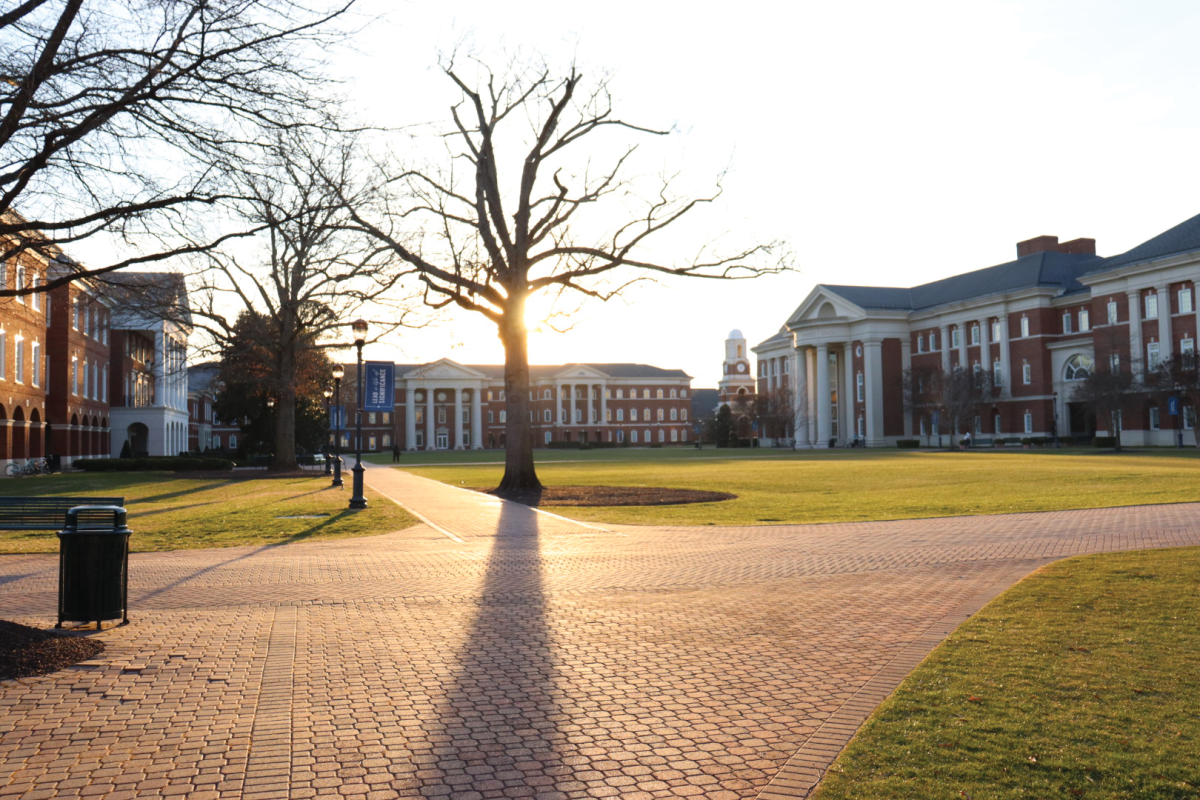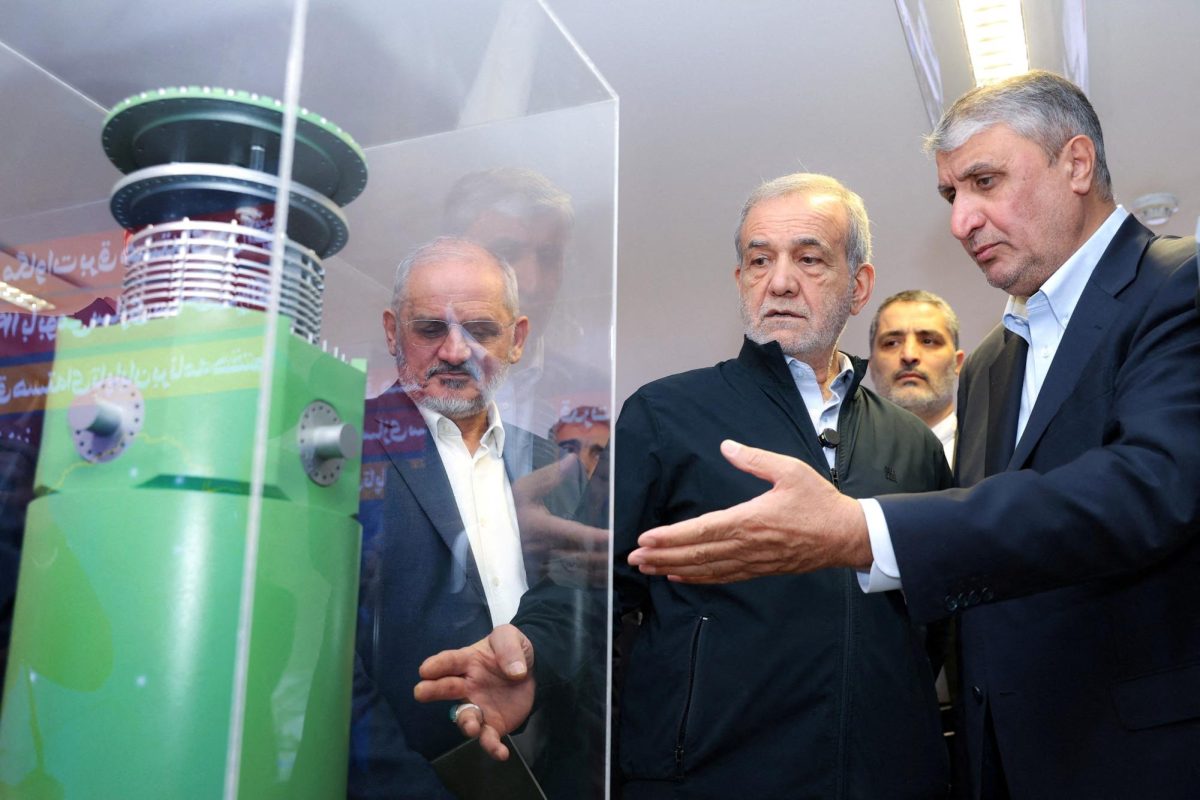Access on campus for individuals with disabilities has been an ongoing topic of conversation. The Student Government Association (SGA) provided an open forum Monday on the topic of disability and accessibility on campus.
Students, faculty, and staff, as well as visitors to the university, have trouble accessing buildings due to the heavy doors with broken handicap buttons, the brick pathways, and difficult-to-use ramps.
During the forum, many concerns as well as ideas and suggestions were brought to the SGA as well as Jacquelyn Barnes, Director of Student Accessibility and Care Team Support, who attended the meeting.
Ramps into buildings as well as handicap buttons to open doors have been an issue for students with disabilities because of their poor structure and maintenance. Members of the Disabled Student Union who attended the meeting suggested adding railings to either side of the library ramp, as it is a tight space and difficult to maneuver in a manual wheelchair. Having a railing will prevent anyone from falling off as well as provide a way for the wheelchair user to pull themselves up the ramp.
Along with the brick pathways, it can be difficult for those with disabilities to navigate around gaps in the ground because a brick came loose or a plaque from an alumni brick fell off and is in the way. A suggestion to accommodate this scenario was to provide an escort service using golf carts where the individuals can request rides ahead of time, making it easier to get from Point A to Point B. This golf cart solution would also be beneficial to those having to park far away due to the lack of accessible parking on campus. This escort service could also be used as a service opportunity for students.
Bathroom doors around campus have also been an issue as they are often hard to open and lack a handicap button to access. Some wheelchair users also have difficulty entering the bathrooms when there is a bump in the change of flooring. There is the issue as well that the handicapped stalls are in use by individuals who do not need the larger, more accessible stalls, making the wait time longer for people who do. A suggestion to resolve this issue made at the meeting is to hang “Reserved” signs on the handicapped stall doors indicating that the stalls are reserved for the people who physically need them.
Students with disabilities have issues with housing selection due to a lack of knowledge of which rooms are accessible. Those with service animals have also had difficulty obtaining a single room because the university does not find that as a sufficient reason.
The discrimination is not only with accessibility on campus but also with faculty that is poorly trained in communicating with students who have disabilities. Many of the students at the forum said they have had interactions with professors that made them uncomfortable or feel less than because of their disability. Professors make comments or use those students as examples without the student’s consent. These students believe that the university should provide faculty and staff proper training when it comes to disabilities, the same as they do for Title IX training.
One other major concern is the lack of employees for Accessibility and Support. Some students suggested opening on-campus job opportunities in that office so students with disabilities are able to help and support the efforts of the Accessibility and Support office.
There will be more opportunities for students to voice their concerns at the SGA meeting on Monday, November 20th.




